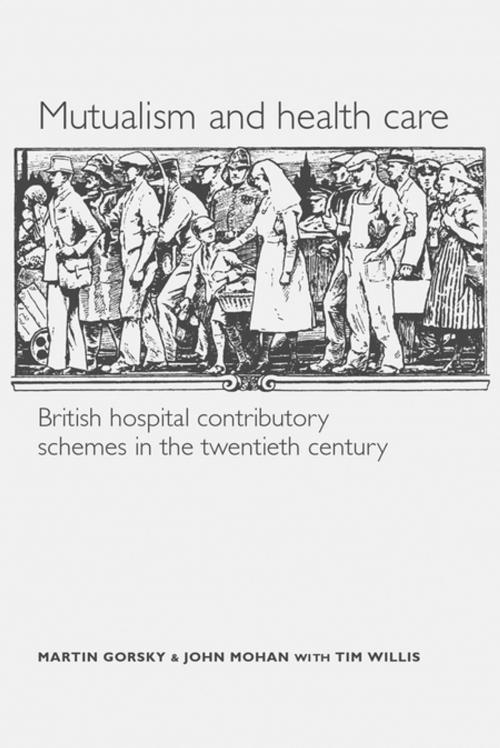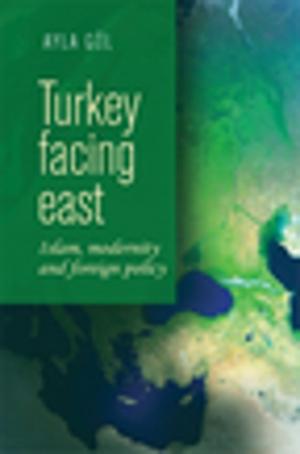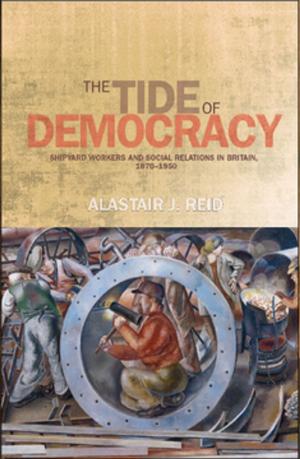Mutualism and health care
Hospital contributory schemes in twentieth-century Britain
Nonfiction, Social & Cultural Studies, Political Science, International, Foreign Legal Systems, Social Science, Anthropology| Author: | Martin Gorsky, John Mohan, Tim Willis | ISBN: | 9781847795816 |
| Publisher: | Manchester University Press | Publication: | July 19, 2013 |
| Imprint: | Manchester University Press | Language: | English |
| Author: | Martin Gorsky, John Mohan, Tim Willis |
| ISBN: | 9781847795816 |
| Publisher: | Manchester University Press |
| Publication: | July 19, 2013 |
| Imprint: | Manchester University Press |
| Language: | English |
Mutualism and health care presents the first comprehensive account of a major innovation in hospital funding before the NHS. The voluntary hospitals, which provided the bulk of Britain’s acute hospital services, diversified their financial base by establishing hospital contributory schemes. Through these, working people subscribed small, regular amounts to their local hospitals, in return for which they were eligible for free hospital care.
Mutualism and health care evaluates the extent to which the schemes were successful in achieving comprehensive coverage of the population, funding hospital services, and broadening opportunities for participation in the governance of health care and for the expression of consumer views. The book then explores why the option of funding the post-war NHS through mass contribution was rejected, and traces the transformation of the surviving schemes into health cash plans.
This is a substantial investigation into the attractions and limitations of mutualism in health care. It is highly relevant to debates about organisational innovations in the delivery of welfare services.
Mutualism and health care presents the first comprehensive account of a major innovation in hospital funding before the NHS. The voluntary hospitals, which provided the bulk of Britain’s acute hospital services, diversified their financial base by establishing hospital contributory schemes. Through these, working people subscribed small, regular amounts to their local hospitals, in return for which they were eligible for free hospital care.
Mutualism and health care evaluates the extent to which the schemes were successful in achieving comprehensive coverage of the population, funding hospital services, and broadening opportunities for participation in the governance of health care and for the expression of consumer views. The book then explores why the option of funding the post-war NHS through mass contribution was rejected, and traces the transformation of the surviving schemes into health cash plans.
This is a substantial investigation into the attractions and limitations of mutualism in health care. It is highly relevant to debates about organisational innovations in the delivery of welfare services.















